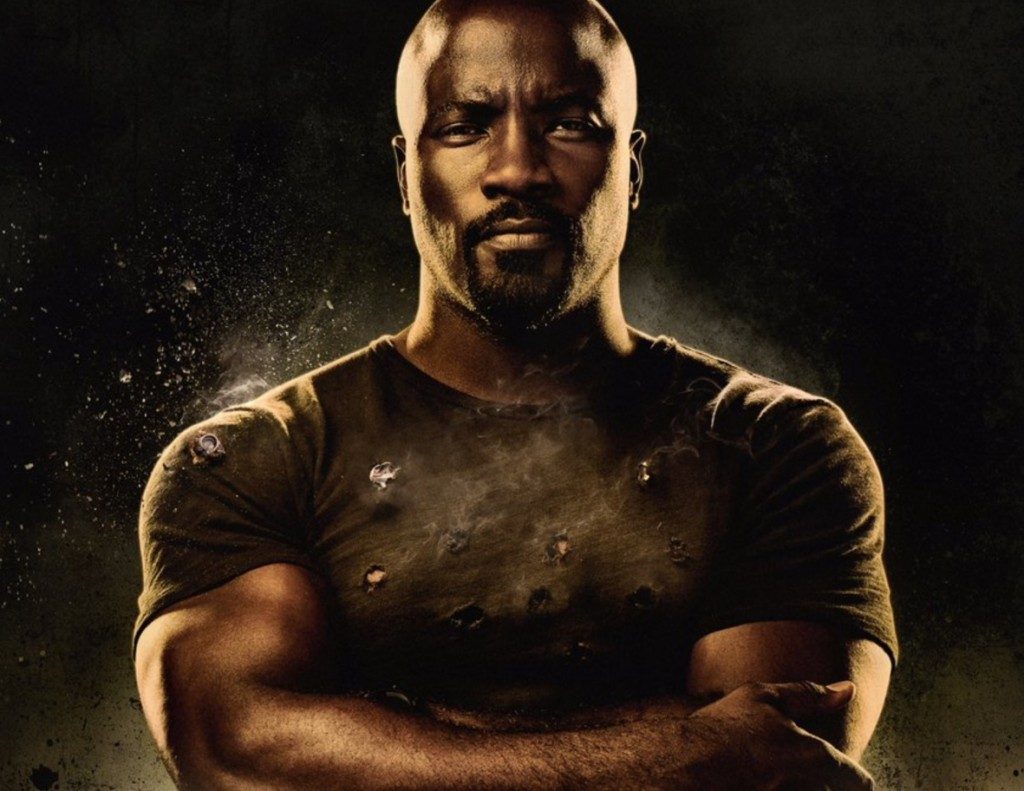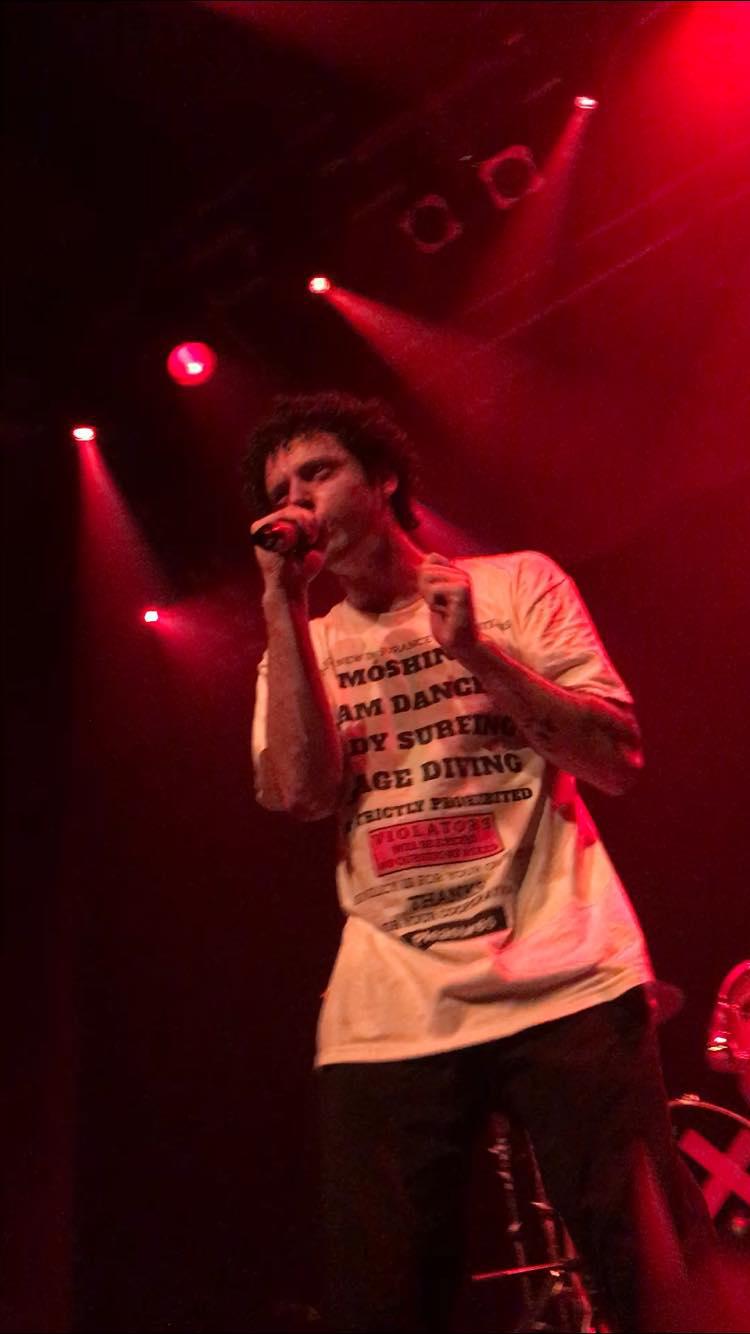
‘Luke Cage’ Netflix series review
By Adam Tatelman, Arts Editor
4/5
Since the first phase of superhero films building up to the inevitable Avengers crossover, the quality of each outing has been in steady decline. With the release of Marvel’s latest Netflix series, Luke Cage, I think I have finally cracked the formula.
Although these early entries are hamstrung by their obligation to lay the foundations for future crossovers, they are still largely free to tell their own self-contained stories and establish character conflicts that aren’t forced to tie in to an ever-expanding universe of sticky plot threads.
In the case of little-known characters like Jessica Jones and Luke Cage, this freedom is more pronounced; liberties can be taken with the source material to help the story work for TV, while still taking inspiration from the comic stories when needed. I was a Marvel kid for my entire childhood, and even I only had a couple Luke Cage comics, so I imagine not too many people are going to complain about whether the show is faithful. In some cases, it’s better off going its own way—case in point, Cage’s old 1970s getup.
Luke himself (Mike Colter) is a troubled ex-con living in Harlem, holding down two separate jobs and trying to turn his life around. Of course, he has extraordinary powers, but he keeps them hidden, afraid that using them will only bring him trouble. By night he works as a cook in Cornell Stokes’ (Mahershala Ali) nightclub, turning a blind eye to the ambitious crime lord’s political dealings. Some of Luke’s friends get in over their heads when they steal from Stokes, putting everyone Luke cares about in danger.
As with all of Marvel’s Netflix series, the show deals with themes like corruption and the nature of power. Stokes’ sister, Mariah (Alfre Woodard), is a Harlem politician; her influence is what keeps his business afloat, and his underworld clout funds her campaign. Though the plot could have been ripped directly from any 1970s Blaxploitation action film (Shaft, Super Fly), the material is treated with a lot more care, taking time to explore Harlem’s community and develop Stokes beyond a mere crime boss archetype. His dedication to his family makes him as sympathetic as Daredevil’s Wilson Fisk, yet he never comes across as just a black version of the Kingpin.
The Marvel Cinematic Universe films all have a similar visual style, having slowly been broiled together into familiar grey eye-gruel over nearly a decade. The Netflix features, on the other hand, have much more distinct visual identities. Where Daredevil featured a smoky neo-noir backdrop and Jessica Jones chose a palette of neon filters, Luke Cage feels comparatively bright and vibrant, especially during the daytime scenes, which are shot much like early Spike Lee films such as Do the Right Thing. Even Luke’s introduction in Pop’s Barber Shop is a clear reference to We Cut Heads, Lee’s graduate thesis film project about barbers in Harlem.
With its slick script, unique visual style, and strong cast, Luke Cage feels very much like a modern stylistic mashup of everything from Blaxploitation films to street dramas to modern crime thrillers, albeit with a few goofy decisions weighing it down. The cheesy, R&B-flavored sex scenes, for instance, should probably have been left behind in the ’70s. If you can look past its slow start and uneven presentation, Luke Cage is well worth a binge for anyone who enjoys crime thrillers.


